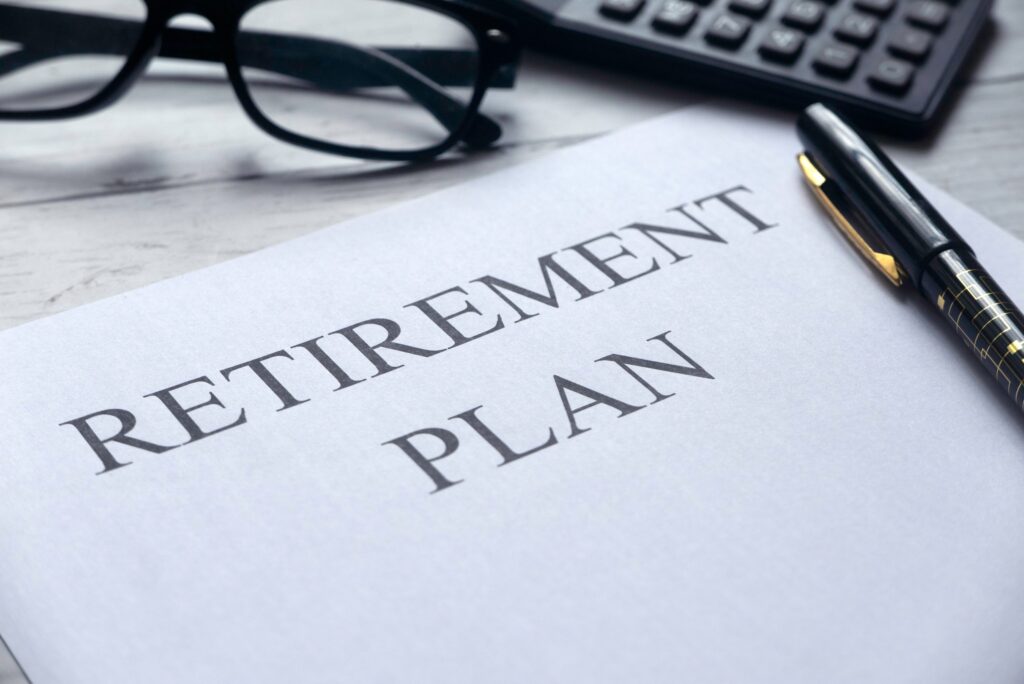Retirement Bliss: Strategies for Planning and Enjoying Your Golden Years
Retirement is an exciting phase of life, offering the opportunity to relax, explore new interests, and spend quality time with loved ones. However, to truly enjoy your golden years, it is crucial to plan ahead. In this article, we will explore various strategies for retirement planning and provide tips for making the most of this …
Retirement Bliss: Strategies for Planning and Enjoying Your Golden Years Read More »







